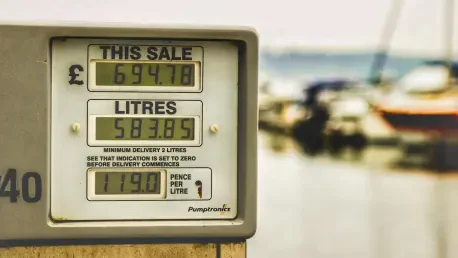
Today, we’re thrilled to sit down with Christopher Hailstone, a seasoned expert in energy management and utilities, with a deep understanding of global energy markets and the intricate logistics of oil exports. With his extensive background in renewable energy and grid reliability, Christopher

The global shipping industry is grappling with unprecedented challenges as geopolitical tensions between the United States and China continue to escalate, sending supertanker freight rates soaring to new heights. Very Large Crude Carriers (VLCCs), the giants of crude oil transportation, are at the

Imagine a bustling city like Pune, where the air is thick with pollution from countless vehicles, and the urgent need for sustainable solutions has never been clearer, especially as urban centers across India grapple with alarming levels of carbon emissions. The recent trial of Maharashtra's first

As winter approaches, France finds itself grappling with a mounting energy challenge that could test the resilience of its gas supply chain, especially with a critical pipeline outage and disruptive labor disputes at key liquefied natural gas (LNG) terminals raising alarms about the country’s

The global oil market is grappling with a dramatic downturn, as Brent crude has plummeted to $61.91 per barrel and West Texas Intermediate (WTI) to $58.27, marking their lowest levels in five months as of recent reports. This sharp decline, driven by escalating trade tensions between the United

Today, we’re thrilled to sit down with Christopher Hailstone, a seasoned expert in energy management, renewable energy, and electricity delivery. With his deep understanding of global energy markets and grid reliability, Christopher offers unparalleled insights into the complex dynamics of oil